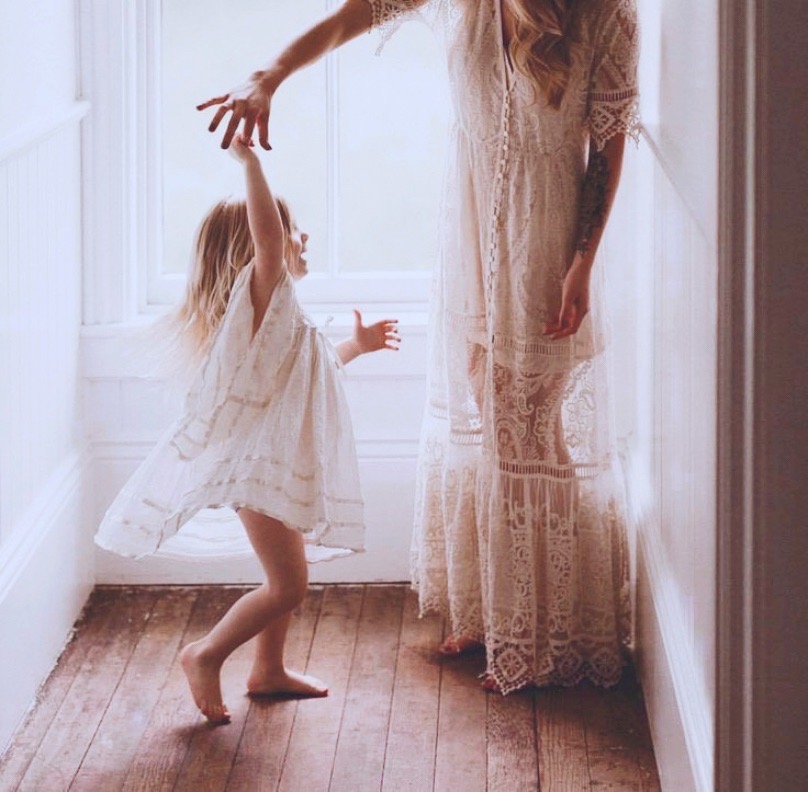With the whole lockdown thing and all the disruptions it is bringing to our lives, it seems that RESILIENCE will be the word of 2020. That is why I believe that raising resilient kids is emerging as a game changer nowadays. As parents we can teach them how to utilize a handful of skills and strategies to go through Life storms still feeling fulfilled, happy and purposeful.
A great helper in raising resilient kids is Skipper – the cute character from the book of Dr. Seuss “OH, The Places You’ll Go!”. He shares his adventures and teaches our mini versions valuable lessons how to navigate their boat in the river of Life and how to successfully go through each and every storm.
10 STRATEGIES TO RAISING RESILIENT KIDS

#1 KEEP CONNECTED
By sharing his adventures stuck in the reed, Skipper shows children how important it is to have people to rely on. Close relationships with family and friends provide love, meaning, support and nourish our feelings of self worth and belonging. Care and positive relationships are one of the most important factors in our ability to cope with the ups and downs of life. And it is an indisputable fact that people with caring and positive relationships are happier, healthier and live longer.
#2 RESPECT YOURSELF
People who respect themselves, also like themselves. Nobody is perfect. BUT we can increase our enjoyment of life and well-being if we learn to accept ourselves as we are, delve into our strengths and take care of ourselves both mentally and physically. Skipper, for example, shows how comparing oneself to others often brings about disappointment and low self-esteem. He teaches children that everyone has a different set of strengths and encourages them to find their super powers. What really matters is to develop our strenghts, rather than focus on our weaknesses.
#3 CHALLENGE YOUR MINDSET
People with growth mindset believe that effort, not just ability, leads to success. And that is such a great resileint skill. That is why raising resilient kids is such an important topic. Who we are and what we are good at is not something fixed. Life is flowing and we are progressing with each step we take. The way we think, feel, or learn shapes our mind. That is why, according to the situations we fall into and the choices we make, we change. Skipper helps children see that through effort and practice, they can overcome problems by challenging their thinking so that things that once seemed impossible can be made easier.

#4 TAKE A MOMENT
Every day, each of us experiences the full range of emotions. For children, it is far more intense as they are still learning to recognize, accept and control them. This often causes stress, most often manifested in melt downs. We can help them build resilience and showing them strategies they can use to deal with stress. For example, inhaling and exhaling, hugging, or engaging in something they love such as drawing.
In addition to the adventures and life lessons of Skipper, I often play to my daughter a short but extremely impactful movie about emotions – “Inside Out“. In it every emotion is named, given a color and has specific manifestations that my wee one can easily identify and relate to. I recommend it!
#5 TALK THINGS OVER
Raising resilient kids means we must teach them how to talk things over. Challenges and failures can cause anxiety. Worrying about things that have happened or are about to happen is a normal part of life. The good news is that, after all, everything goes away. Skipper shows the children how worrying affects their well-being and introduces them to techniques for dealing with it. This includes strategies such as writing things down, sharing with a loved one, or asking for help.
#6 GET ACTIVE
Physical activity also contributes to our mental health. A number of studies indicate that the things we do with desire, interest and passion develop a sense of achievement and meaning.
Skipper shows children that activities that contribute to their mental well-being go far beyond physical exercise and encompass a wide range of hobbies and interests. These include disconnecting from the technological world for a little while, spending time outdoors, playing drama and music, drawing or just sleeping.
Finding a hobby does, however, bring certain risk as we challenge ourselves to try new things. Encouraging children to take risks helps them build confidence in coping with future ones. It is also a platform for demonstrating how our brains grow and change when we do something new.
#7 MAKE A DIFFERENCE
Engaging in meaningful and altruistic activities leads to greater enjoyment of the things we do. Makes us feel happy, hold hope for the future and enjoy increased physical and mental well-being.
Children need to be aware that the things each of us does have an impact on the world we live in. They can contribute to solving some of the world’s problems. For example, fight for human rights or reduce extreme poverty, inequality and justice or climate change. Small things often have a big impact, and it’s nice our little versions to be familiar with this mindset.
#8 LOOK ON THE BRIGHT SIDE
Our well-being is a function of how we perceive, interpret and respond to the events that happen to us. Encouraging children to understand how their thinking influences their feelings and behavior, how to look at things from different perspectives and develop reasoning skills is especially helpful in dealing with negative or limiting thinking patterns.
Skipper teaches children how important it is to be grateful for the blessings in their lives as this can greatly improve their mood.
#9 BE KIND
Kindness opens many doors. When we are kind, we strengthen our relationships with others, and that makes us happy. Conversely, when we are treated unkindly or are ignored, our brains respond the same way as to a physical injury.
Skipper teaches kids how nice it is to be kind and how to make amends if they hurt someone’s feelings. He teaches them to be good to themselves as well – no one is perfect, everyone has their weaknesses and makes mistakes. It is important for children to learn not to beat themselves up with self-criticism, but to treat themselves but self-compassion. Just like they would do it for a friend.
#10 HAVE A GOAL
Setting goals helps our motivation to make things happen. It gives us direction and meaning. Sometimes we celebrate victories, other times we go through failures. Skipper is here to show the kids that failures are nothing but lessons. Lessons that make us better and stronger. The cute character shows how important it is to celebrate even small achievements as they are the result of hard work and dedication.
ХХХ
The Mermaid






